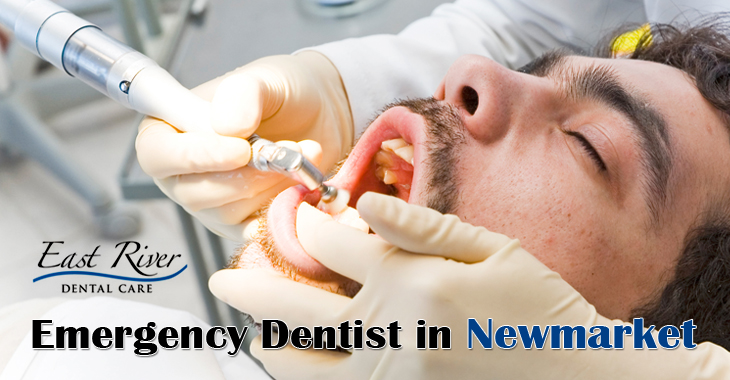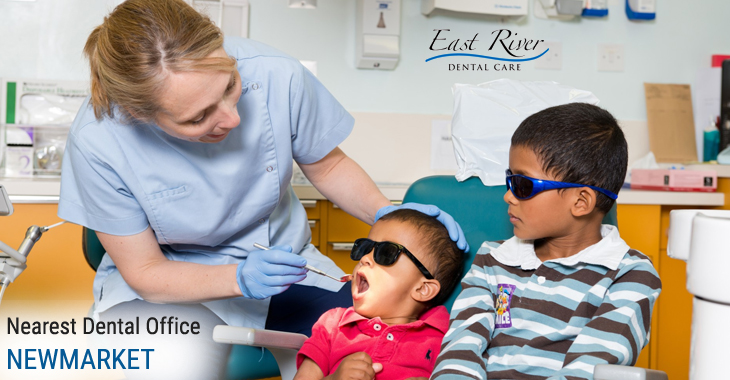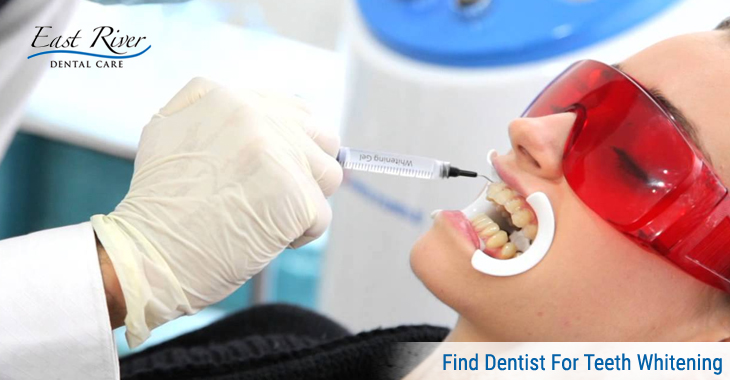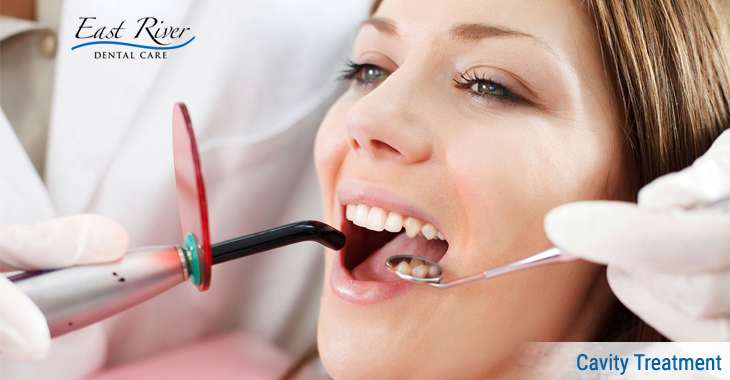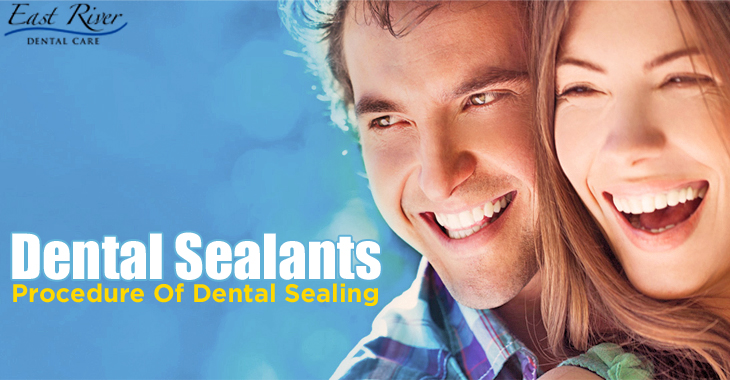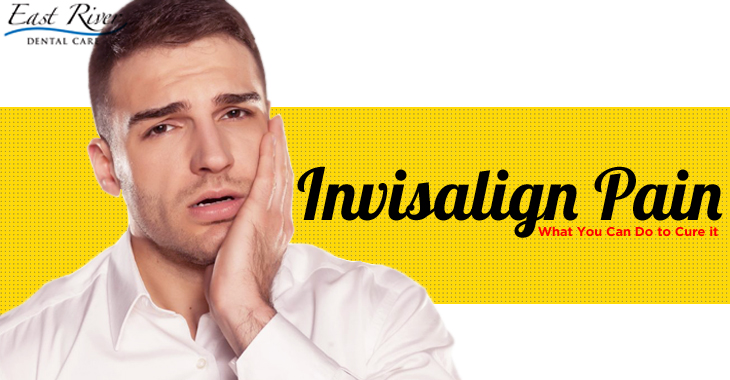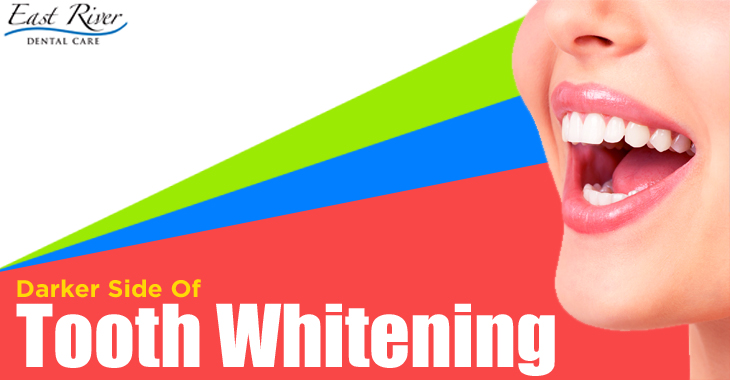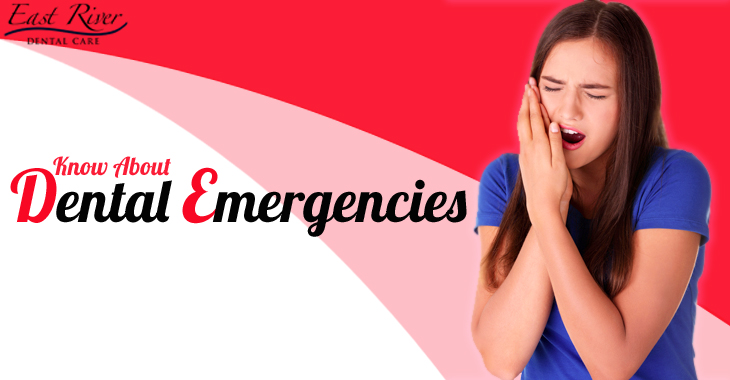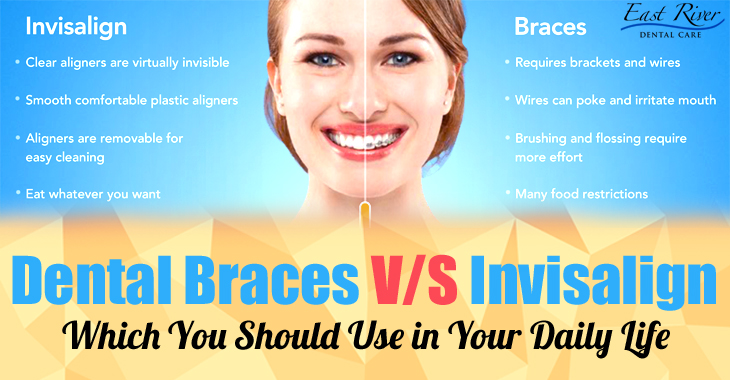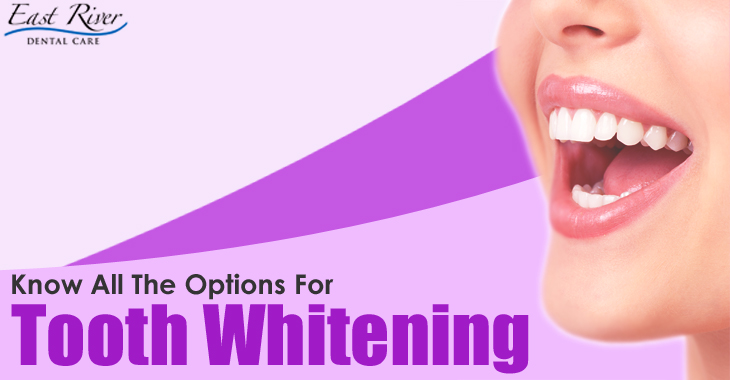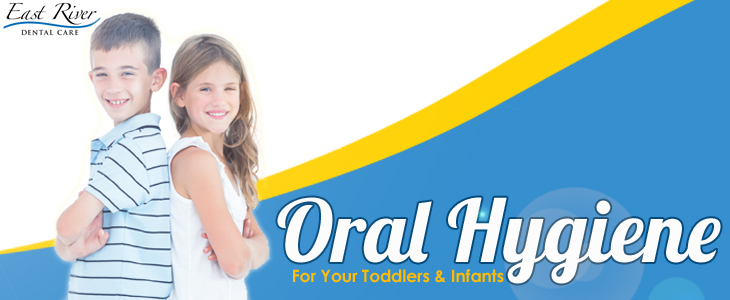If you have recognised your need to have an emergency dentist’s number at hand, you are halfway through your journey into complete oral health. An emergency dentist in Newmarket can be a lifesaver, literally and otherwise. However, there are a couple of things you should know before you ring up your emergency dentist.
When do you visit your emergency dentist in Newmarket? What qualifies as an injury or an emergency in terms of dental health? The two most common oral emergency scenarios are listed below, find out whether your emergency qualifies as a serious one and warrants a visit to your emergency dentist.
- If the oral injury involves a broken tooth, it is probably best to hold onto your chipped tooth and visit an emergency dentist in Newmarket. While it may seem to most people that a chipped tooth cannot cause much harm, the impact of the injury could have caused damage to a nerve or to the gums that can only be adjudged by a professional. Thus, it is advisable to visit an emergency dentist if you have chipped a tooth.
- If the injury has left an internal bleeding, you must rush to your emergency dentist or a local hospital immediately. While for other cases the immediacy of the problem is not as high, in case of a bleeding that does not stop soon after the injury, it is advisable to rush to a good dentist in Newmarket. The internal bleeding could lead to blood loss, which can further complicate the situation. Thus, treat this with the utmost seriousness and visit your emergency dentist in Newmarket as soon as possible!
For more information about East River Dental Care on Davis Drive east of Yonge Street in Newmarket, visit https://www.eastriverdental.com/ or call on 905-895-8031.

